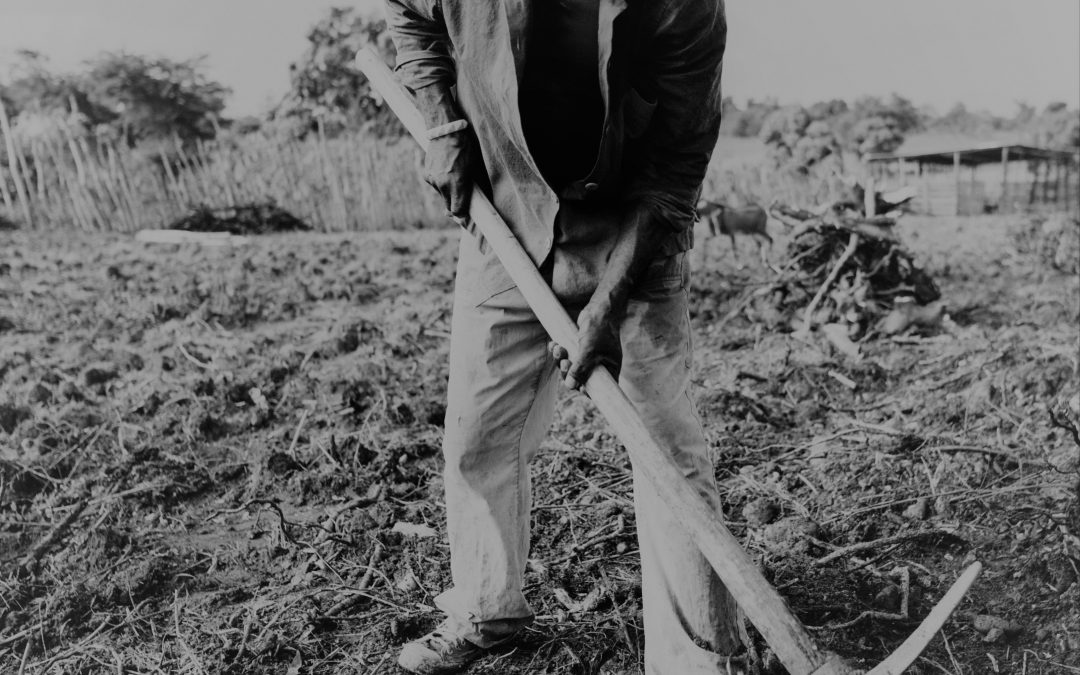In March 1865, General Sherman of the Union army – after consulting with local Black leaders who knew that land ownership was necessary for the freed slaves to begin building wealth and participate in capitalism – signed Field Order 15. This order set aside 400,000 acres of confiscated land for the freed slaves.
Land that, today, is worth well over 6.4 TRILLION dollars.
Congress incorporated and formalized Sherman’s field order that same year with The Freedmen’s Bureau Act, which created a process by which Black families could purchase a 40-acre parcel for $1.25/acre with 40% of the total cost being due upfront.
The Black community went to work farming their new land and building their economy.
But after President Lincoln’s death, the new president, Andrew Johnson, pardoned the southern landowners and returned land rights back to them. His message to the Black farmers, distributed through agents from the Freedmen’s Bureau, “There’s been a mistake. You don’t own this land.”
To make it worse, Black ownership was revoked at the end of the growing season, right before the harvest. So not only did they lose the money they’d invested in purchasing the land, they also lost everything invested in their crop.
Imagine standing in your field, your stomach churning with the news.
Once again there is nothing you can do. No recourse you can take. The white government has spoken and now all your efforts for what was finally your land and your crop would be handed over to the very people who want claim over your body as well.
How do you feel?
What do you believe?
What “truth” is being created or reinforced in your mind?
How much trust do you have in “the system” to protect, defend, or work out in your favor?
Success and wealth are an upward staircase that you learn to navigate to get where you want to go and still be the person you want to be. We all travel through the phases of struggle, possibility, doubt, relief + excitement, results, fear, resistance, confidence, come aparts, and next-level issues on our individual money wheels.
But communities of color must wrestle with an additional component that white people do not – RACISM, which can impact any and all of the steps on their staircase.
What might you believe about the possibility after this experience?
How might you feel about positive results – like a harvest around the corner that, as it turns out, will never be yours?
Do you even allow yourself to have confidence that this time it will be different?
And do you teach your children to hope for something better or do you feed them the harsh reality that a white person will always have influence over their outcomes?
Did the U.S. Government ever return the money Black people had paid for the land or lost because they didn’t get to harvest? Not that I could find.
In the end, as consolation for all they’d lost, the federal government gave Blacks a savings bank. Nothing else. Just a place to store their money – a story for another day.
If you want to dive deeper, I’ve listed some resources below. As extra “homework” for my white readers, I invite you to also consider what story in the white narrative regarding white victimhood and white power might have been created or reinforced through Andrew Johnson’s actions. How is that same narrative showing up in our current political climate?
It can be super uncomfortable to look in this mirror. Look anyway.
If you are ready to learn more about racism and the journey to which I have been called, click here to learn more about On the Matter of Race – A Six-Month Journey.
RESOURCES
The Color of Money: Black Banks and the Racial Wealth Gap | by Mehrsa Baradaran
“The Truth Behind ‘40 Acres and a Mule’” | by Henry Louis Gates, Jr.


